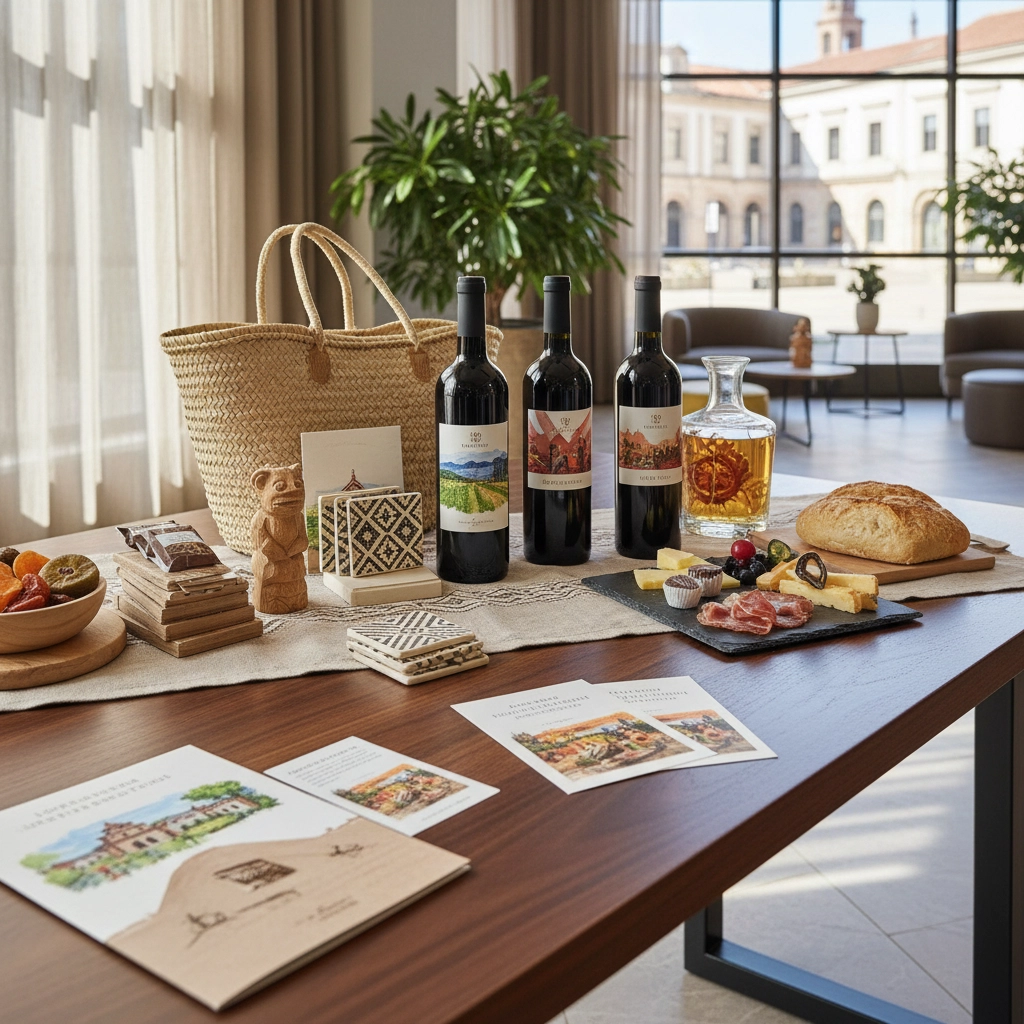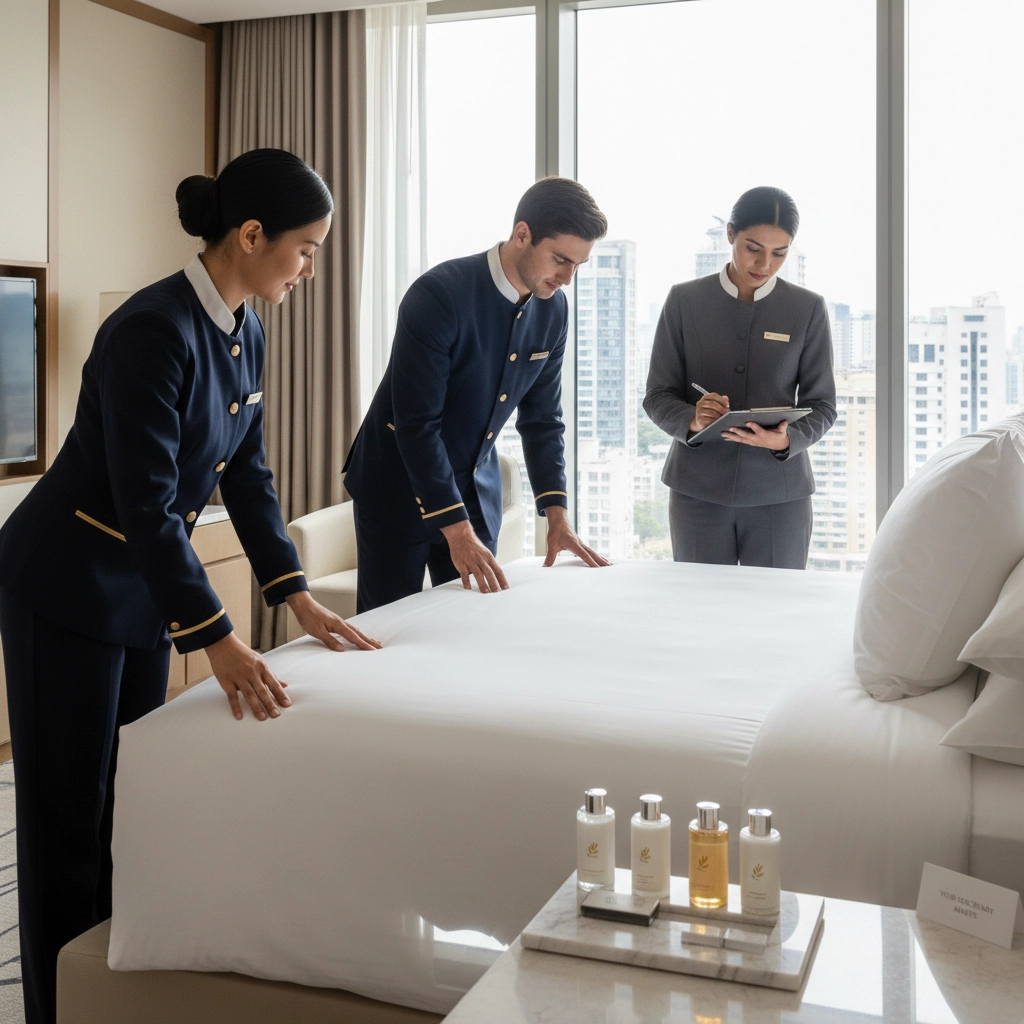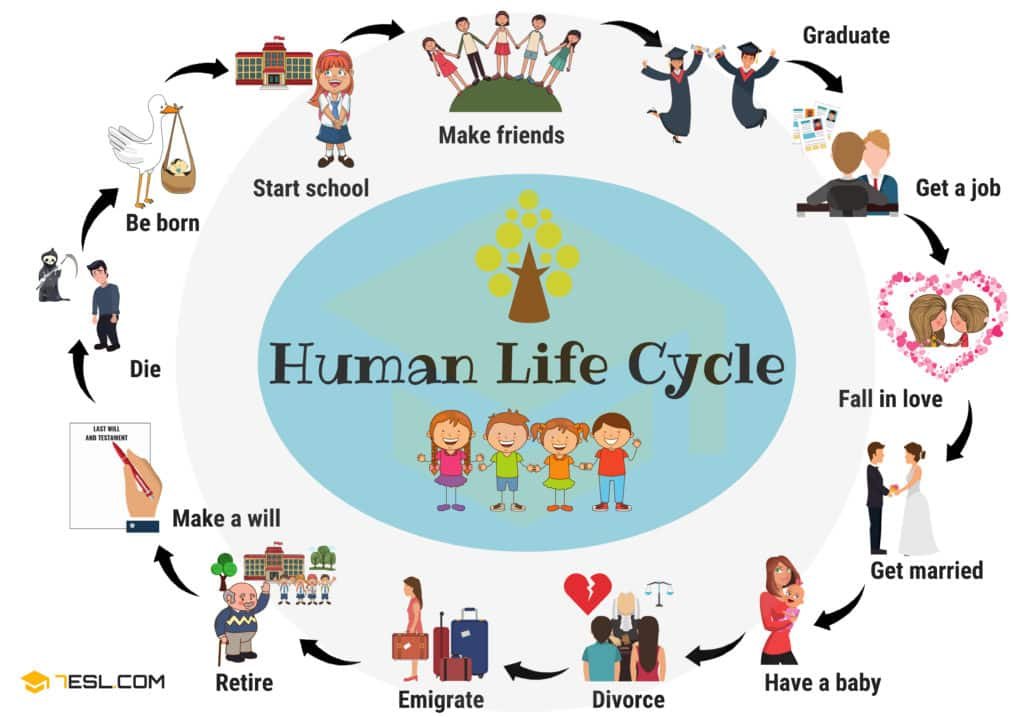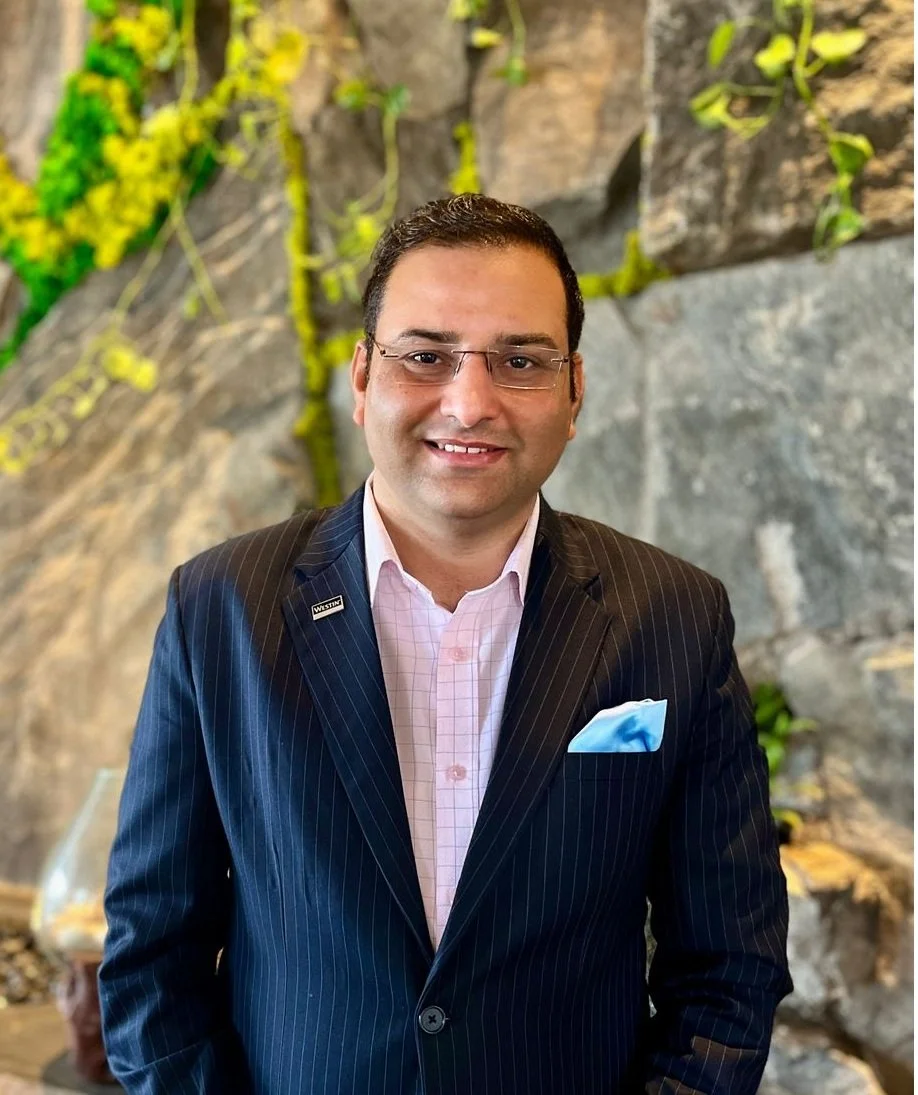How to Make It to Tripadvisor's Best Hotel List in 2026
/
Let's be honest, making it onto Tripadvisor's Best Hotels list isn't just about luck. It's about consistently delivering experiences that make guests want to shout from the rooftops (or at least from their keyboards). With the 2026 awards likely analyzing reviews from January 2025 through December 2025, we're right in the thick of the evaluation period.
The good news? There's still time to make your mark. The challenging news? You're competing against the top 1% of over 1.6 million hotel listings worldwide. But hey, we love a good challenge, don't we?
Understanding What Tripadvisor Really Wants
Tripadvisor's algorithm isn't some mysterious black box, it's actually pretty straightforward. Three things matter most: how many reviews you get, how good those reviews are, and how recent they are. Think of it like a popularity contest where being talked about recently matters more than past glory.
The awards span ten categories, from Top Hotels and All-Inclusive to quirky niches like "One of a Kind" and "Pet-Friendly." This means you don't necessarily need to be the biggest or fanciest, you just need to be exceptional at what you do.

Start With Your Digital Foundation
Before anything else, make sure you actually exist on Tripadvisor. Sounds obvious, right? But you'd be surprised how many fantastic hotels are either poorly listed or not claimed by their owners.
Search for your property first. If it's already there (maybe a guest created it), click "Claim Your Business" and prove you're the real deal. If you're nowhere to be found, request a new listing with complete details, category, name, address, contact info, and your property's story.
Here's where most hotels drop the ball: photos. Upload at least 30 high-quality, original images. We're talking different room types, your stunning lobby, those Instagram-worthy amenities, and seasonal highlights. Skip the stock photos and graphic design tricks, authenticity wins every time.
Master the Art of Review Generation
Reviews are your lifeline, but getting them requires strategy, not just hope. Start with the basics: ask every guest during checkout. Yes, every single one. Make it conversational: "We'd love to hear about your stay on Tripadvisor when you have a moment."
Follow up with personalized emails containing direct review links. Don't just send generic messages; reference something specific about their stay. Did they mention loving the rooftop bar? Remind them about that sunset they photographed.
And here's something most hotels get wrong: don't cherry-pick who you ask based on whether you think they'll leave positive reviews. High review volume signals credibility, and even constructive criticism shows you're actively engaged with guest feedback.

Respond Like Your Reputation Depends On It (Because It Does)
Every single review deserves a response. Every. Single. One. Thank guests for positive feedback: make them feel like VIPs even after checkout. But the real magic happens in how you handle negative reviews.
Respond promptly and personally to criticism. Don't get defensive; get constructive. Show potential guests that you care about improvement and take concerns seriously. We've seen hotels completely transform their reputation simply by demonstrating they listen and act on feedback.
Remember, future guests read these responses just as carefully as the original reviews. Your response might be the deciding factor for someone choosing your hotel over the competition.
Create Experiences Worth Talking About
This is where the real work happens. Tripadvisor winners aren't just providing rooms and meals: they're crafting memories. What makes guests grab their phones and start typing enthusiastically about their stay?
Maybe it's your concierge who somehow secured impossible restaurant reservations. Perhaps it's the housekeeping team that turned towels into elephants for a child's birthday. Could be your bartender who remembers every regular's favorite drink and asks about their kids by name.
These moments can't be manufactured, but they can be encouraged through team culture and guest-first thinking. When your entire team understands that they're memory-makers, not just service providers, magic happens.

Leverage Local Partnerships for Unique Experiences
Cookie-cutter experiences don't win awards. Partner with local artisans, restaurants, tour guides, and cultural sites to offer something genuinely unique to your destination. Guests don't just want a place to sleep: they want insider access to the best your city offers.
Develop packages that showcase local culture, seasonal experiences, or exclusive access to hidden gems. When guests feel like they've discovered something special through your hotel, they can't help but share that excitement in their reviews.
Perfect Your Operational Excellence
Behind every glowing review is flawless execution of the basics. Your WiFi needs to work perfectly. Rooms must be spotless. Check-in should be smooth. Breakfast should be consistent. These aren't exciting topics, but they're review killers when they go wrong.
Audit every touchpoint in your guest journey. Where do things typically go sideways? Fix those pain points before they become negative reviews. Sometimes winning awards is less about grand gestures and more about never dropping the ball on fundamentals.
Time Your Efforts Strategically
Since we're in the 2026 evaluation period right now, every review posted through December 2025 counts. Don't wait until next year to implement changes: start immediately. Focus on maintaining consistent excellence while actively encouraging review submissions.
Consider seasonal opportunities too. Holiday experiences, summer amenities, local festival tie-ins: each season offers chances to create memorable moments that translate into enthusiastic reviews.

Choose Your Category Battles Wisely
Study the award categories and identify where you can realistically compete. Are you genuinely luxury-level, or would you be stronger in the "Small and Boutique" category? Sometimes being a big fish in a smaller pond leads to more recognition than getting lost among mega-resorts.
If you have unique features: maybe you're pet-friendly with exceptional amenities for four-legged guests, or you offer truly one-of-a-kind experiences: lean into those differentiators. The 2025 winner, Secrets Akumal Riviera Maya, claimed recognition in three categories by excelling at what they do best.
Maintain Momentum Through Consistency
Here's what separates award winners from also-rans: consistency. One month of great service won't cut it. You need to deliver exceptional experiences month after month, creating a steady stream of positive, recent reviews that keep you top-of-mind with Tripadvisor's algorithm.
Track your review patterns. When do you typically get the most reviews? What experiences generate the most enthusiastic responses? Double down on what works while continuously improving areas that consistently receive criticism.

The Long Game Mindset
Making it onto Tripadvisor's Best Hotels list isn't a sprint: it's a marathon of excellence. Every guest interaction, every team training session, every operational improvement contributes to your reputation.
But here's the beautiful thing about this pursuit: even if you don't make the 2026 list, you'll have built systems and standards that create better guest experiences, more positive reviews, and ultimately, a more successful hotel. That's a win regardless of awards.
The path to Tripadvisor recognition runs straight through exceptional guest experiences, authentic engagement, and unwavering commitment to quality. Start where you are, use what you have, and remember: every world-class hotel started with a decision to be better tomorrow than they were today.
Your guests are waiting to be amazed. Are you ready to amaze them?



































































